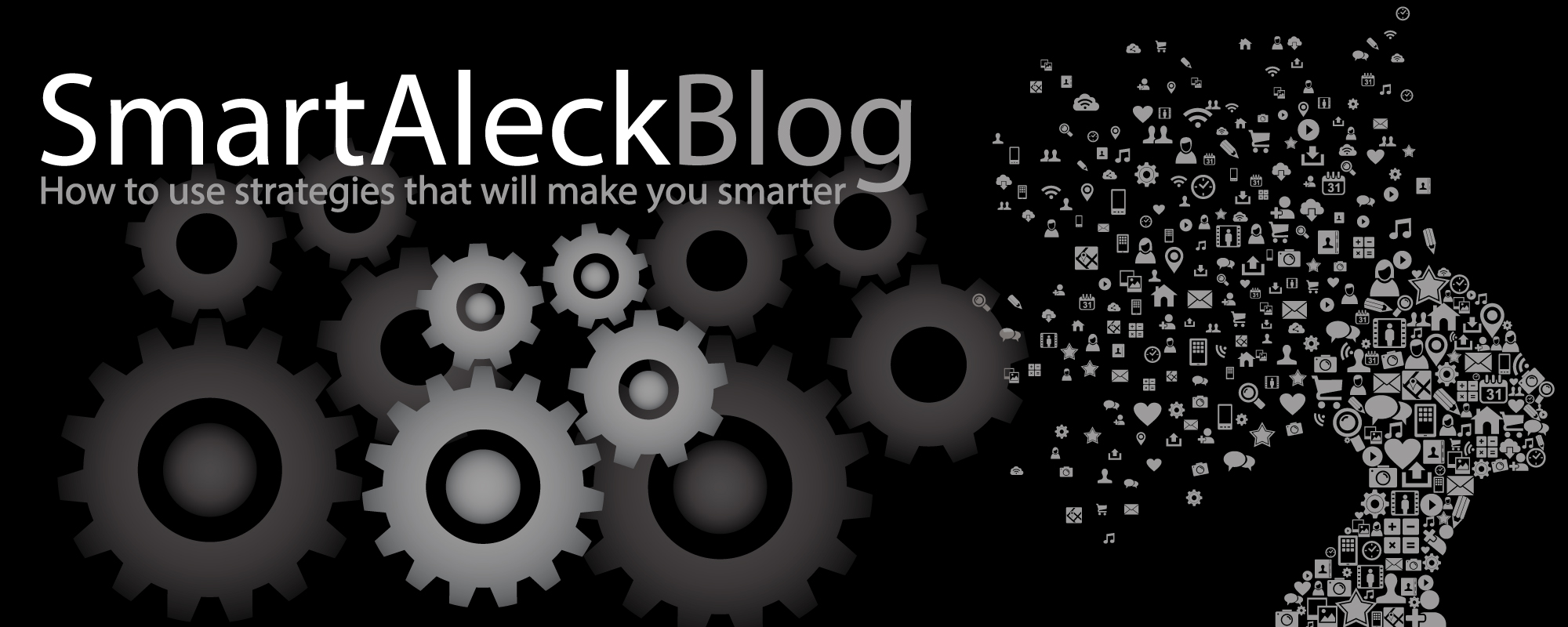According to Bandura (2012) self-efficacy is the belief in ones capabilities to organize and execute the sources of action required to manage prospective situations. The idea emphasizes the exercise of human agency; specifically, peoples’ ability to exercise influence over what they think and do. Examples of self-efficacy include a person’s belief that they can perform a particular job, sing a song, or solve a logic problem.

Scientists have investigated the effects of self-efficacy in numerous domains and many people have assumed it is a significant influence on human performance. Self-efficacy beliefs affect our choice of activities and effort expended upon personal actions. It also influences our perseverance in the face of obstacles; how we feel and the goals that we choose.
The best methods to improve your Self-Efficacy
You have three ways to increase our self-efficacy. First are mastery experiences that result from the desire to develop a competency. Researchers tend to regard mastery experiences as the most influential source of self-efficacy. Although mastery experiences imply proficiency, futile attempts will undermine self-efficacy beliefs. Vicarious experiences encompass viewing a comparable other’s performance on given tasks. This source of self-efficacy is particularly powerful when people are unsure of their own abilities or when they have modest prior knowledge of the pertinent activity. Discussions and other forms of persuasive communication can also raise self-efficacy. These are most successful when expressed by parties who are capable and honest. Click here to receive your guide to self-efficacy development.

Please note: I reserve the right to delete comments that are offensive or off-topic.